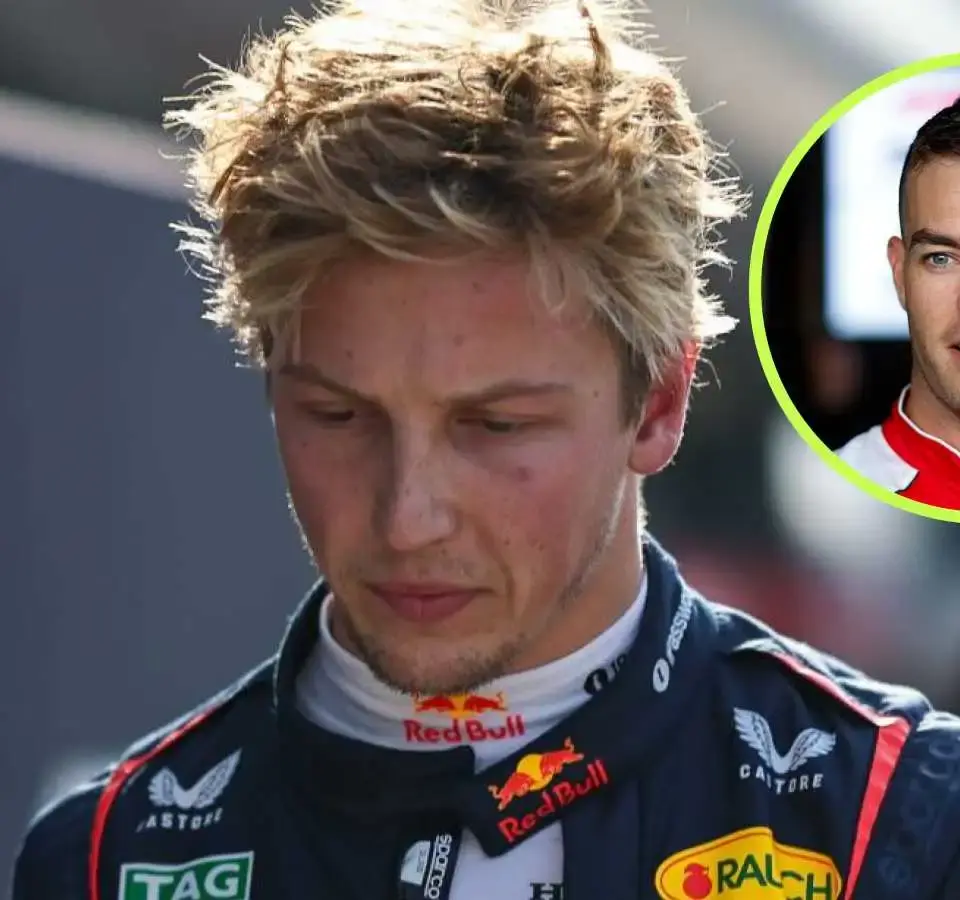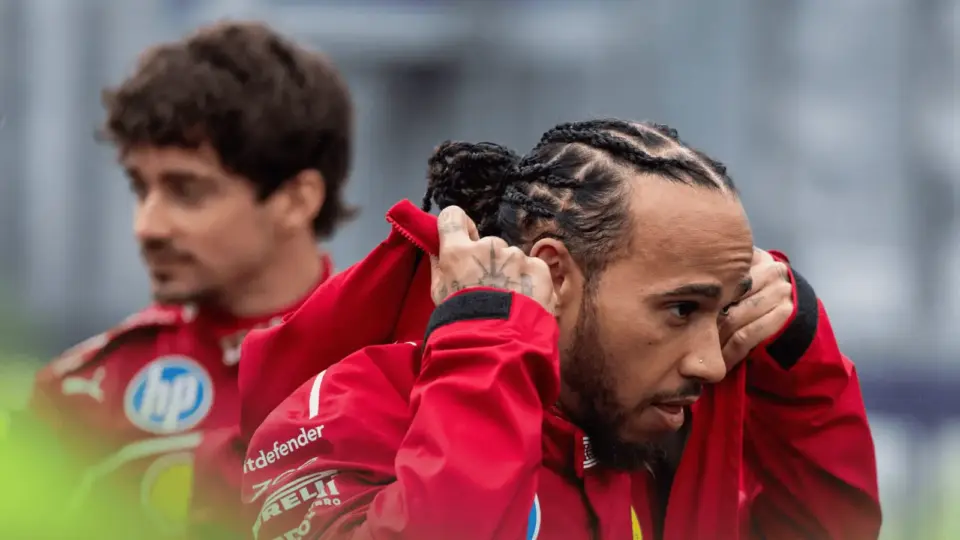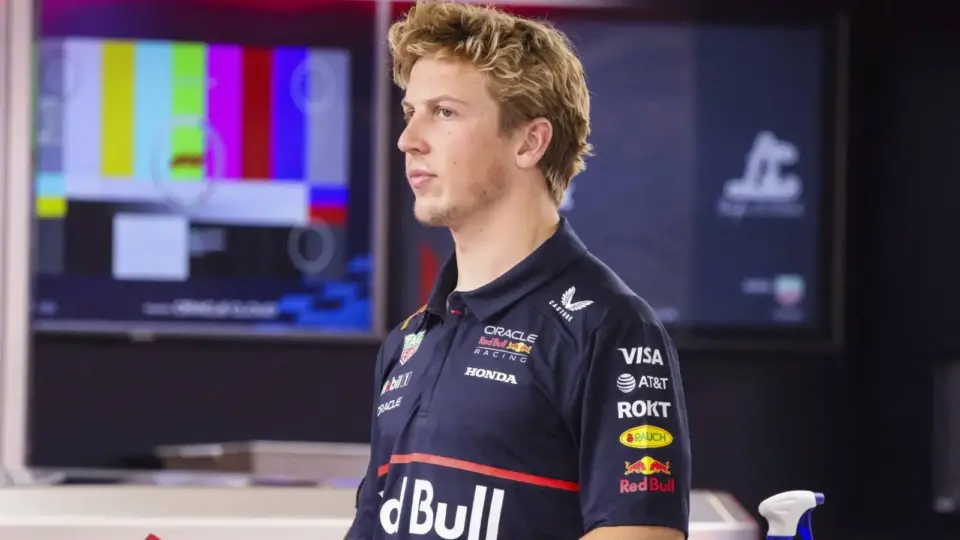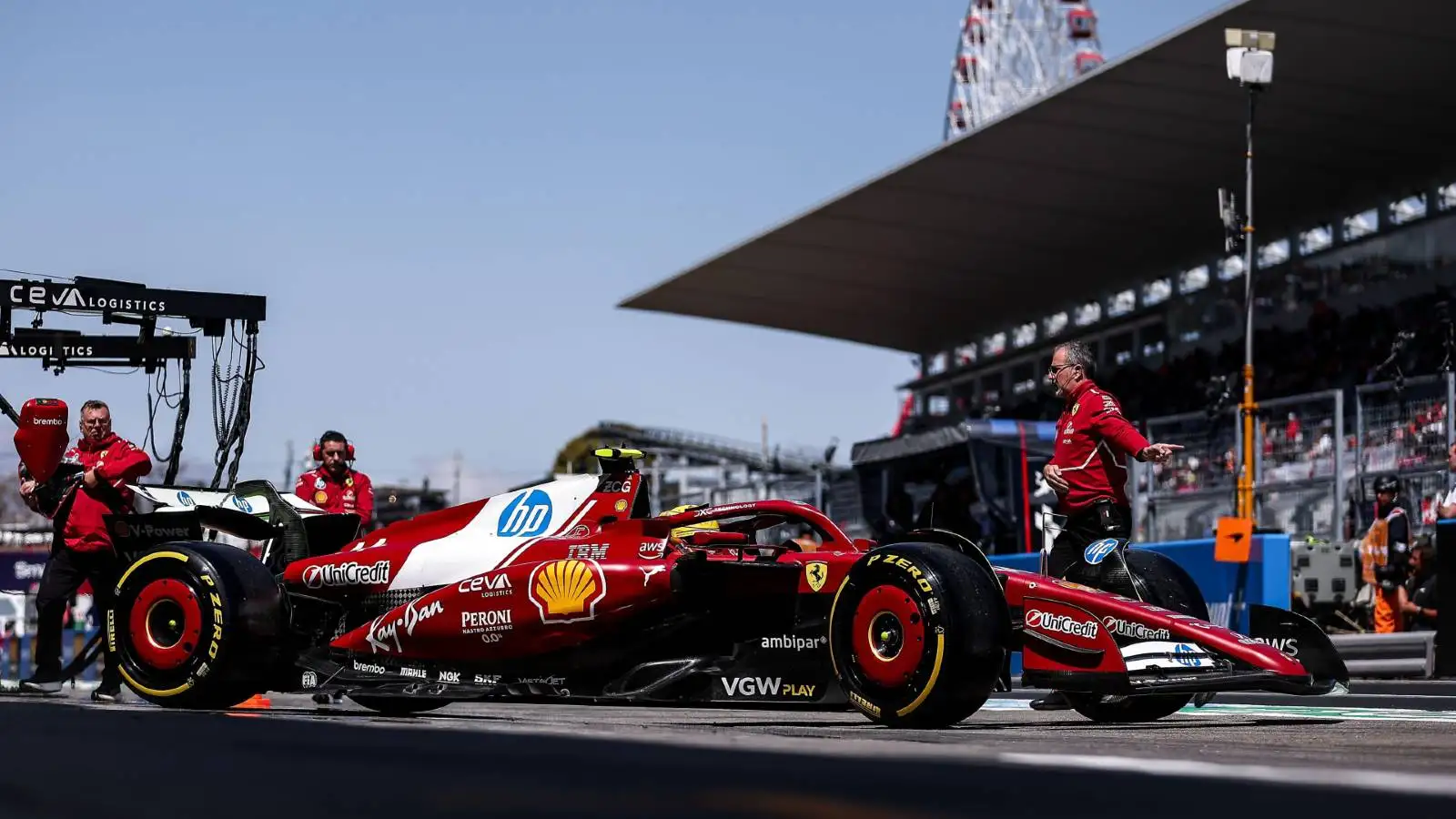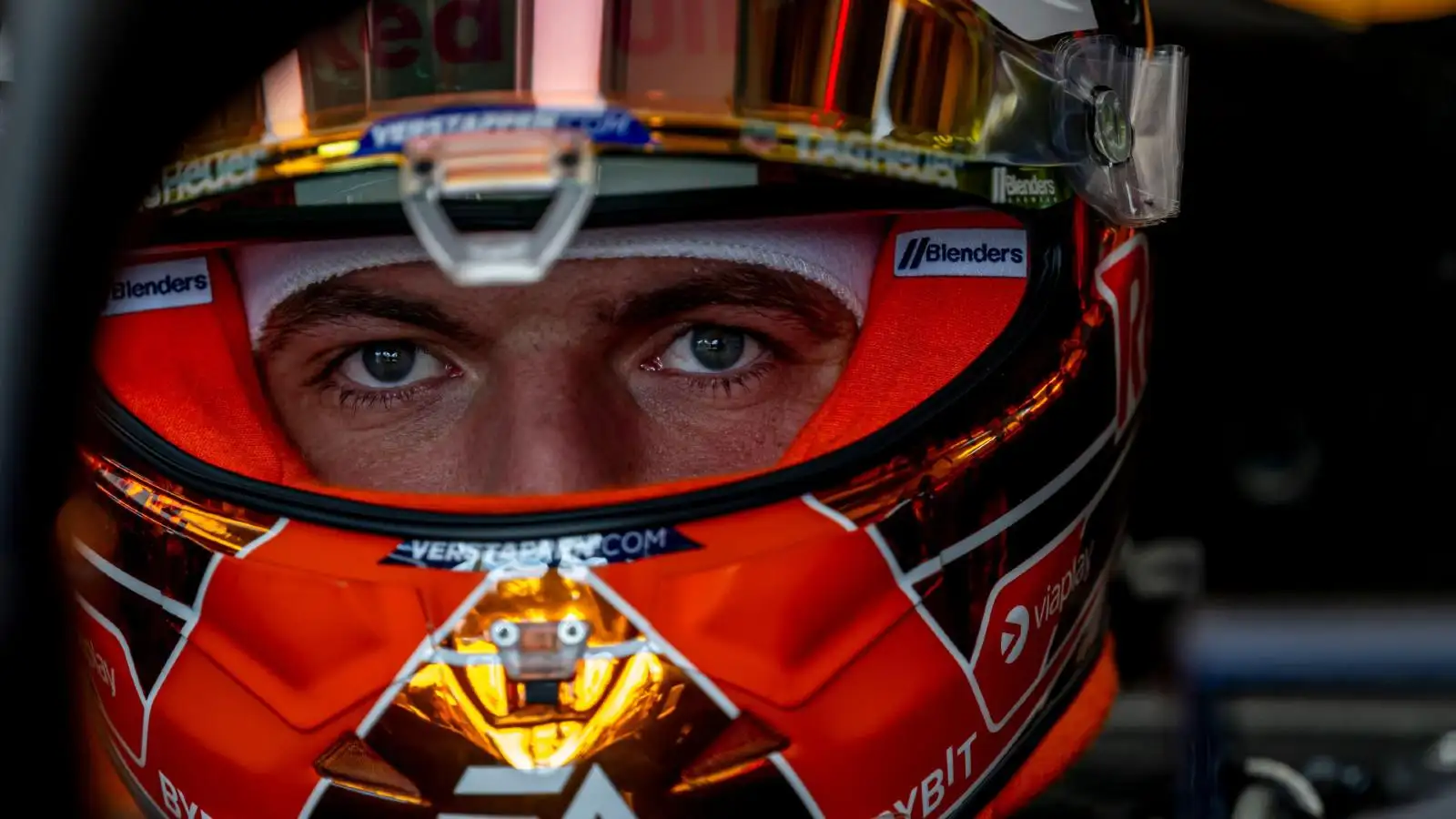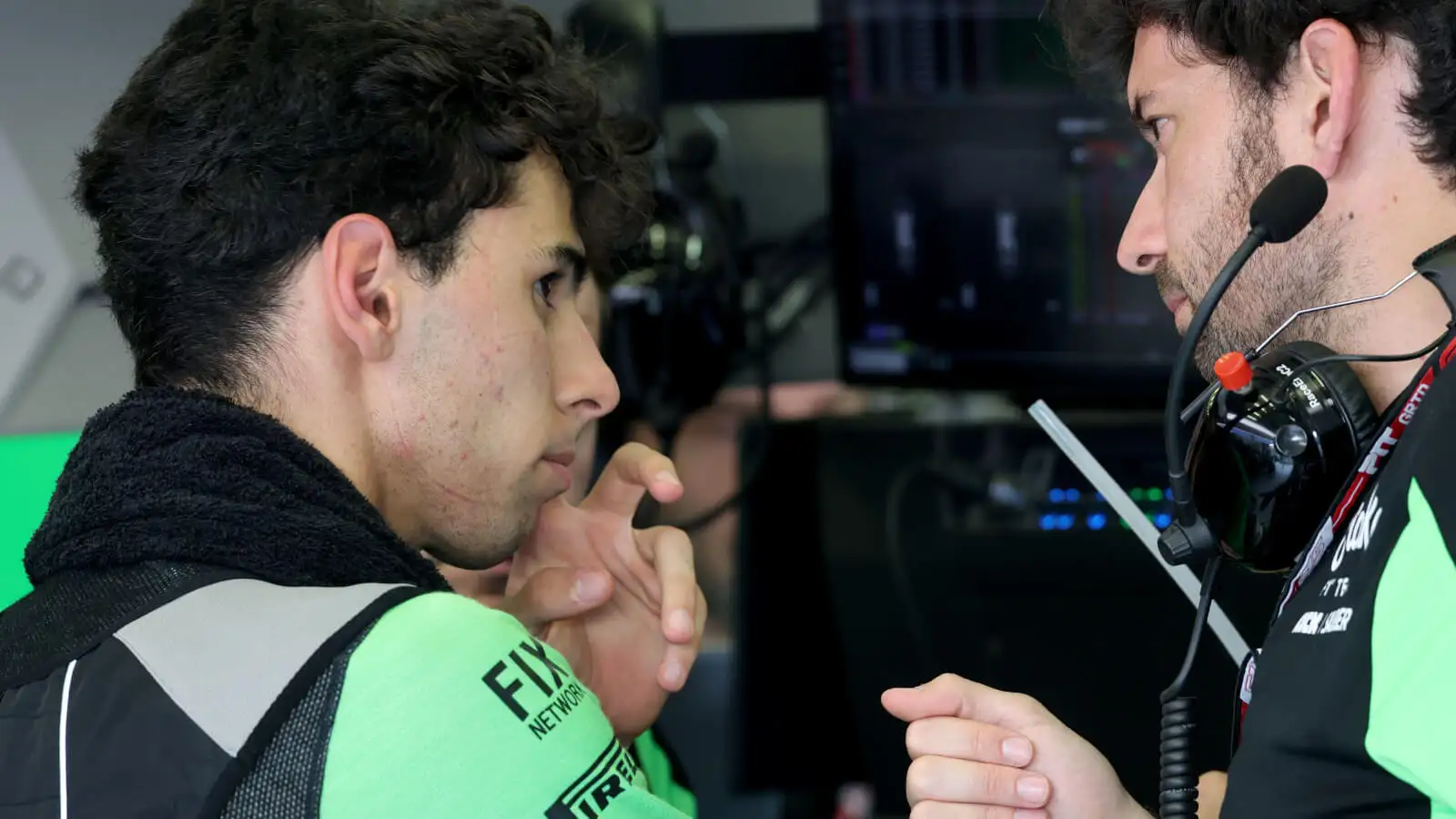Red Bull Racing’s bold move to demote Liam Lawson after just two F1 races has sparked widespread criticism, particularly from IndyCar driver Scott McLaughlin.
In a surprising move, Red Bull Racing recently announced that Liam Lawson would be swapped out for Yuki Tsunoda just two races into the F1 2025 season. Lawson, who had competed in only two Grand Prix events this year, failed to score any points and couldn’t progress past the first qualifying stage. Despite the odds being stacked against him—limited race experience, unfamiliar tracks, and tough weather conditions—he was demoted from his position, igniting debates across the motorsport community.
IndyCar driver Scott McLaughlin, known for his tenure with Team Penske, was vocal on social media about his disapproval. Pointing out the limited number of races given to Lawson to prove himself, McLaughlin said, “2 tracks they gave Liam in that car, that he hadn’t been to before. Finally heads to Suzuka where perhaps he knows that track more than most on the calendar due to racing in Japan etc. But get’s axed before it.” He emphasized the challenges Lawson faced, suggesting the decision was “ruthless.”
Others in the racing community joined the discussion. Porsche racing driver James Harvey argued that tracks shouldn’t be an excuse, stating, “‘Tracks he hasn’t driven before’ should never be on the excuse list for a professional racing driver, less so one deemed good enough for an #F1 seat.” This debate underscores the tension between expectations and the support new drivers receive under high-pressure environments like Red Bull.
The controversy has highlighted Red Bull’s history of quick driver swaps, with many questioning whether Lawson was given a fair shot. It shines a light on the fast-paced world of Formula 1, where decisions can seem harsh to outsiders but are often made with long-term strategies in mind. Lawson’s demotion, while short in duration, leaves a significant mark as the shortest stint in Red Bull’s 20-year history, prompting calls for a more supportive approach to nurturing young talent.
While Red Bull’s decision on Liam Lawson reflects its aggressive strategy, it also sparks a larger conversation about fairness and opportunity for emerging drivers. Such moves, driven by high stakes and competitive pressures, often divide opinions in the racing world.
